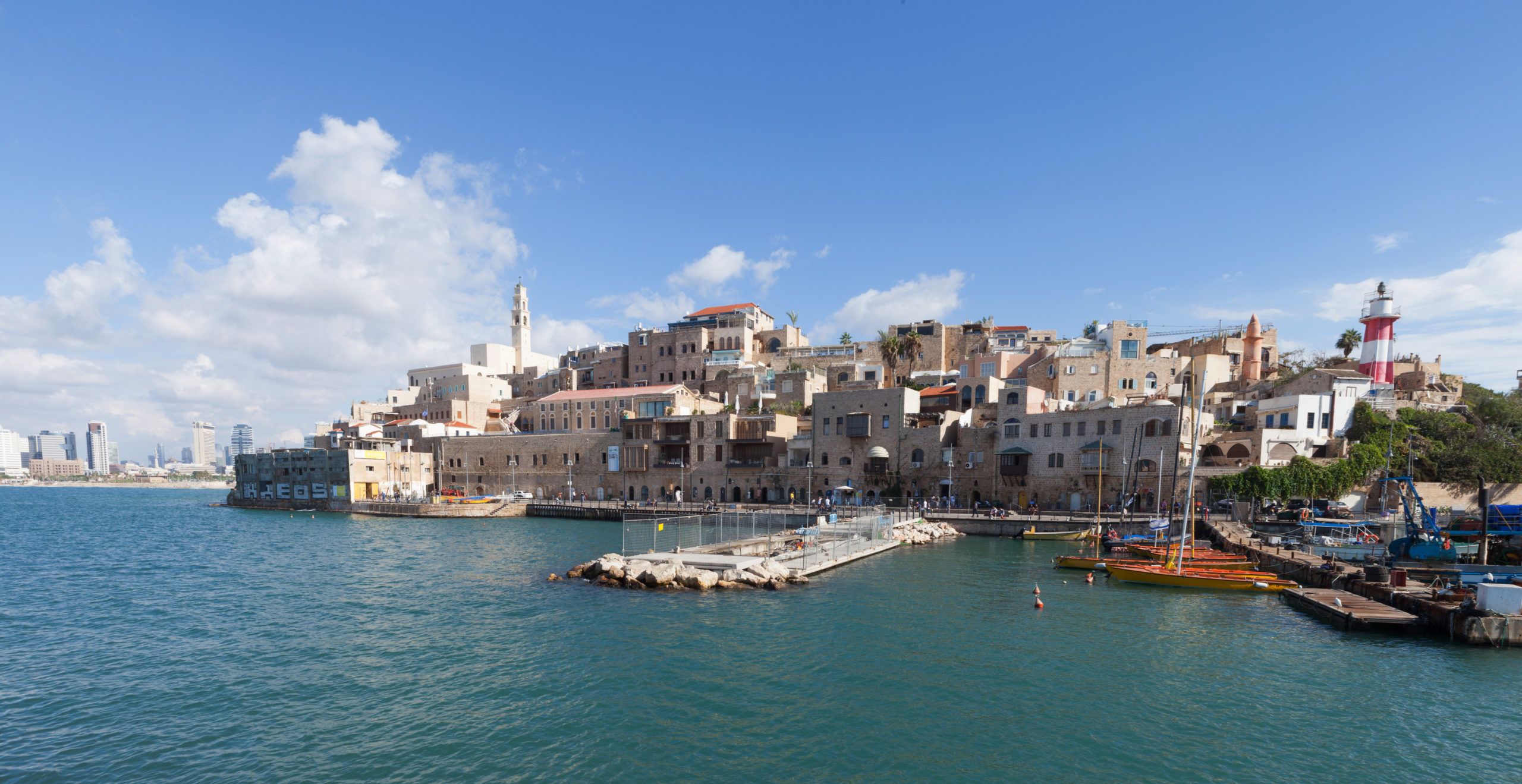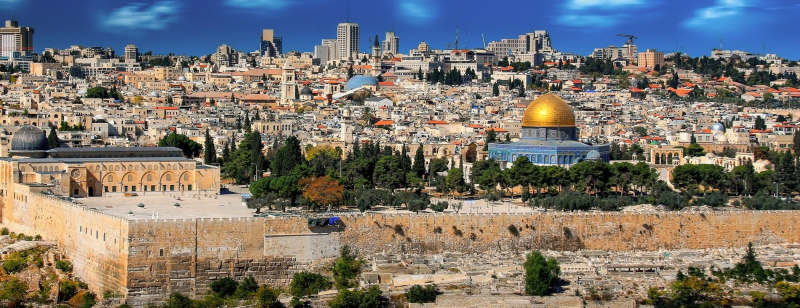Israel

Sitting at the cradle of the three monotheistic religions, Judaism, Christianity and Islam, has made Israel contested territory but, for the intrepid traveller, it also offers fascinating history and cultural complexity. Nothing here is as straightforward as it may at first seem – and that includes the varied landscapes, which range from the salty serenity of the Dead Sea to lush, verdant national parks and parched desert plateaus, haunted by howling winds.
Most visits to Israel will include a trip to the capital city of Jerusalem. On one side of the city lies the cosmopolitan modernity of a vibrant city whilst, on the other, life tries to go on as it has for hundreds of years, inside the walls and gates of the old city.
The sacred sites inside the gates are hemmed in by ancient cobbled streets lined with overflowing market stalls. Muezzin calls overlay church bells and the plaintive laments of the Wailing Wall.
Over in Tel Aviv, it is business as usual. Here hedonism is an essential complement of commerce and a vibrant energy drives this digital hub, from meeting to party and back to meeting again. In between, there’s just enough time to visit the designer shops, to grab a few hours at the beach and enjoy some fine dining. This is a party city, so be prepared to lose at least a few hours’ sleep.
At Elat on the Red Sea you can enjoy some spectacular scuba diving or snorkelling, and there are always plenty of opportunities to relax and be pampered at the spa resorts of the Dead Sea.
Likewise, the atmosphere is tranquil in the Galilee area, north of Jerusalem, where pilgrims and nature-lovers rub shoulders. There is a concentration of holy sites here that offer a fascinating visit, and the azure stretches of the Sea of Galilee are particularly alluring.
Israel is historically significant, a cultural crossroads and a destination that can never be exhausted. It has the highest number of museums per capita in the whole world and national parks that are roundly celebrated for their beauty. It’s intriguing, exciting and waiting to reveal its secrets to you.
Climate
Israel has a Mediterranean climate, characterised by long, hot, dry summers and short, cool and wet winters.
The temperature in the hottest months of July and August averages around 26 degrees Celsius (79 degrees Fahrenheit), while the coldest months of January and February fall to 13 degrees Celsius (55 degrees Fahrenheit).
The best time of year to visit is during the spring (March/April) and autumn months (September/October), when the weather is cool and comfortable.
Language
Hebrew and Arabic are the official languages here, but English is widely spoken.
Passport Visa
To enter Israel, you will require a passport valid for a minimum of six months from the date of entry. Visitors are now given an entry card instead of a stamp on arrival which you must keep until you leave – this is to prevent future problems entering Arabic countries. While nationals of Australia, Canada, the EU, Great Britain and the US will not require a visa for a stay of up to 90 days, many other nationalities do require a visa. You will need proof of sufficient funds to cover your stay and return/onward tickets. Please check rules around visa requirements before you travel, as they may change regularly.
Safety
Travellers in Israel should maintain a high level of vigilance and keep up to date with developments due to ongoing terrorist threats. Speak to your corporate Travel Manager for Israel to confirm areas that may be at particular risk.
Our Services
For all your high-end, bespoke leisure and corporate travel needs to contact our Travel Managers on 800 NEXA (6392). You can also contact us on info@nexatourism.com .
